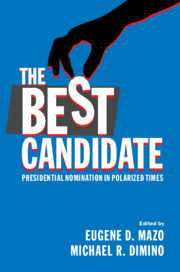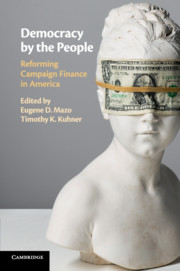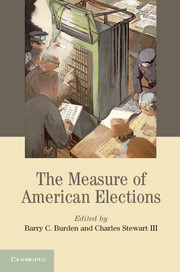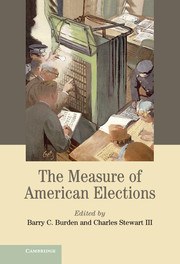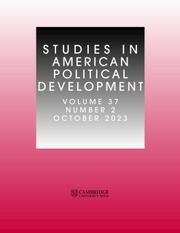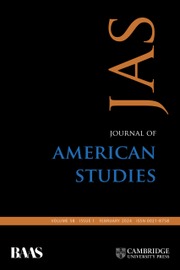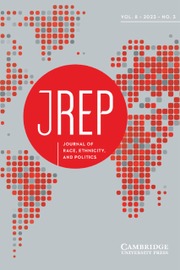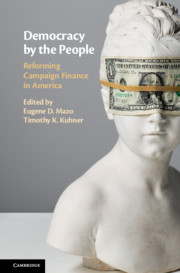The Best Candidate
The way American citizens elect a president in November is enshrined in the Constitution and has remained unchanged for two hundred years. By contrast, the rules by which American political parties nominate their presidential candidates have evolved dramatically over time. In recent years, these byzantine rules have allowed a number of unexpected candidates to win their party's presidential nomination. In The Best Candidate, a roster of leading election law scholars from across the political spectrum - true-blue Democrats, die-hard Republicans, and everyone in between - illuminate the law behind the modern presidential nomination process and offer ideas for how it can be improved. This book offers a blueprint for how American voters and their parties could nominate the best candidate for the presidency, and it should be read by anyone who cares about the occupant of the Oval Office.
- Presents a range of ideological perspectives on the mechanics of the nomination system, while providing readers with an informed sense of the options that voters face
- Fills a gap in the legal literature by offering the first, comprehensive explanation of the law driving the nomination process in the United States
- Helps readers navigate the complex, intricate nature of American election law
Reviews & endorsements
'Essential reading for all who strive to understand the presidential nomination process.' Guy-Uriel E. Charles, Edward and Ellen Schwarzman Professor of Law, Duke Law School
'A definitive collection on a topic of surpassing importance.' Pamela S. Karlan, Kenneth and Harle Montgomery Professor of Public Interest Law, Stanford Law School
'Here, finally, is a book about the law that shapes the road to the White House.' Nicholas O. Stephanopoulos, Professor of Law, Harvard Law School
'Brilliant and wide-ranging, this work is a must read.' Franita Tolson, Professor of Law and Vice Dean for Faculty and Academic Affairs, University of Southern California Gould School of Law
Product details
February 2025Hardback
9781108835398
414 pages
235 × 160 × 30 mm
0.8kg
Not yet published - available from February 2025
Table of Contents
- 1. Presidential selection: historical, institutional, and democratic perspectives James A. Gardner
- 2. The historical development of the U.S. presidential nomination process Richard H. Pildes
- 3. Constitutional law and the presidential nomination process Richard Briffault
- 4. Winnowing and endorsing: separating the two distinct functions of party primaries Edward B. Foley
- 5. Simplying presidential primaries Derek T. Muller
- 6. The case for standardizing primary voter eligibility rules Michael R. Dimino
- 7. Primary day: why presidential nominees should be chosen on a single day Eugene D. Mazo
- 8. A eulogy for caucuses Sean J. Wright
- 9. Floor fight: protecting the national party conventions from manipulation Michael T. Morley
- 10. A better financing system? The death and possible rebirth of the presidential nomination public financing program Richard Briffault
- 11. Campaign finance deregulation and the hyperpolarization of presidential nominations in the super PAC era Michael S. Kang
- 12. Democratizing the presidential debates Ann M. Ravel and Charlotte Hill
- 13. The impact of technology on presidential primary campaigns Anthony J. Gaughan
- 14. Women and the presidency Cynthia Richie Terrell
- 15. The nomination of presidential candidates by minor political parties Richard Winger
- Chapter 16. Reforming the U.S. presidential nominating process: a curmudgeon's view Bradley A. Smit.

